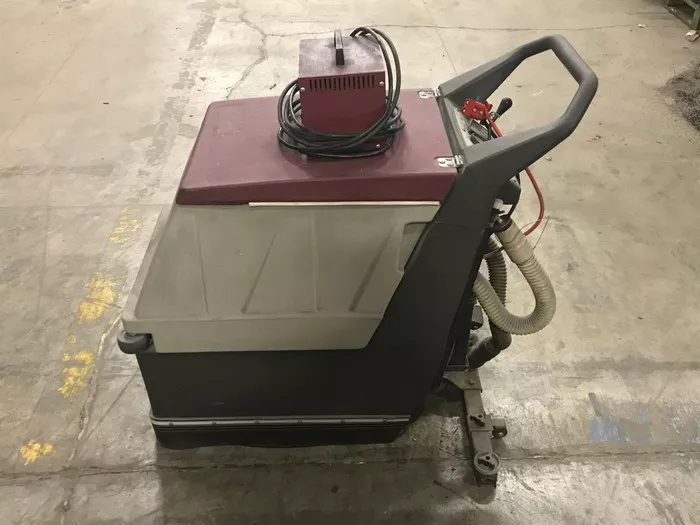Maintaining clean floors is crucial for hygiene, safety, and overall well-being. Regular washing of floors helps to remove dirt, bacteria, and other contaminants. Neglecting this important task can lead to a range of negative consequences. This article explores what happens if you don’t wash your floors and why regular cleaning is essential.
1. Accumulation of Dirt and Debris
When floors are not washed regularly, dirt and debris accumulate over time. This buildup can have several negative effects.
Increased Grime
Visible Dirt: Dirt and grime become more visible as they accumulate. Floors can appear dull and dirty, affecting the overall appearance of your space.
Harder to Remove: Over time, accumulated dirt can become harder to clean. The longer you wait, the more challenging it becomes to restore the floor to its original condition.
Impact on Flooring Material
Surface Damage: Persistent dirt and debris can scratch and damage flooring materials. This is particularly problematic for surfaces like wood, laminate, and vinyl.
Discoloration: Stains from accumulated grime can lead to discoloration of the floor. This can be difficult to reverse and may require professional cleaning.
2. Growth of Bacteria and Germs
Unwashed floors provide a breeding ground for bacteria and germs. This can pose significant health risks.
Bacterial Proliferation
Health Risks: Bacteria and germs thrive in unclean environments. This can lead to illnesses and infections, especially in high-traffic areas or homes with young children or pets.
Allergies and Asthma: Dust and dirt can contribute to allergic reactions and respiratory issues. Regular cleaning helps reduce the presence of allergens and irritants.
Odor Development
Unpleasant Smells: Accumulated dirt and bacteria can produce unpleasant odors. These odors can permeate the air and affect indoor air quality.
Mold Growth: In damp environments, unwashed floors can become a breeding ground for mold and mildew. This can lead to musty smells and further health concerns.
3. Reduced Safety
Unclean floors can pose safety hazards in both residential and commercial settings.
Slip and Fall Hazards
Slippery Surfaces: Spills and grime can make floors slippery, increasing the risk of slip and fall accidents. This is particularly dangerous in areas with high foot traffic or where liquids are frequently present.
Uneven Surfaces: Dirt buildup can create uneven surfaces, leading to tripping hazards.
Damage to Floor Finish
Deterioration: The finish on many types of flooring can deteriorate due to dirt and grime. This can lead to costly repairs or the need for complete replacement.
Loss of Shine: Regular washing helps maintain the shine and appearance of floors. Neglecting this can result in a loss of luster and an aged appearance.
4. Negative Impact on Indoor Air Quality
Floor cleanliness directly affects indoor air quality. Unwashed floors can contribute to poor air quality in several ways.
Dust and Allergens
Dust Accumulation: Floors collect dust, which can become airborne when disturbed. This contributes to poor indoor air quality and respiratory issues.
Allergen Spread: Pollen, pet dander, and other allergens can settle on floors. These allergens can be stirred up, affecting people with allergies or asthma.
Poor Ventilation
Reduced Airflow: Accumulated dirt and debris can obstruct airflow, reducing ventilation in the space. Proper ventilation is essential for maintaining good air quality.
Odor Retention: Unwashed floors can retain odors, affecting the overall freshness of indoor air.
see also: What Should You Consider When Buying a Floor Scrubber?
5. Aesthetic Impact
Clean floors contribute to the overall appearance of a space. Neglecting floor cleaning can have a noticeable impact on aesthetics.
Dull Appearance
Loss of Appeal: Dirty floors can make a space look unkempt and less inviting. This can affect the overall ambiance and make it less enjoyable for residents or visitors.
First Impressions: For businesses, dirty floors can negatively impact first impressions. Clean floors contribute to a professional and welcoming environment.
Maintenance Costs
Increased Costs: Neglecting regular cleaning can lead to higher maintenance and repair costs. Floor damage from accumulated dirt may require professional restoration or replacement.
Resale Value: For homeowners, unclean floors can affect the resale value of a property. Potential buyers may be deterred by the appearance and condition of the floors.
Conclusion
Not washing your floors regularly can lead to a range of negative consequences, from increased grime and bacterial growth to safety hazards and aesthetic issues. Regular floor cleaning is essential for maintaining hygiene, safety, and the overall appearance of your space. By understanding the potential impact of neglecting floor cleaning, you can appreciate the importance of incorporating it into your routine and ensure a healthier, safer, and more pleasant environment.

